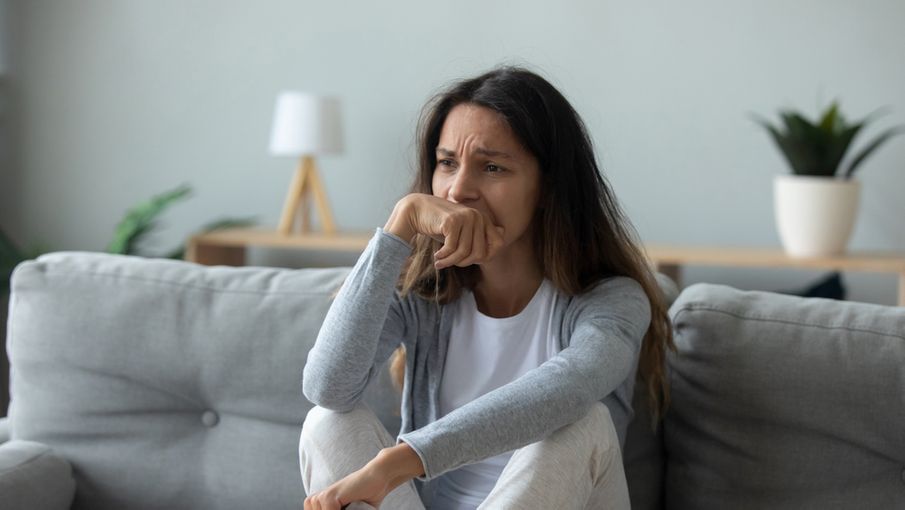More people are struggling with their mental health than ever before, as the biggest study of its kind finds an ‘explosion’ of anxiety in British people
The financial crash, austerity, Brexit, climate change, and social media. These are all things that researchers blame for a dramatic rise in the number of people living with anxiety in Britain.
The results come from one of the biggest studies of its kind, lead by Professor Nick Freemantle, director of the Comprehensive Clinical Trials Unit at University College London, considering trends in the diagnosis and treatment of anxiety since 1998 – examining more than 6.6 million patients’ cases, at 795 practices around the country.
The study saw how, from 1998, anxiety was creeping up at a steady pace, but that there was a dramatic increase in the number of people living with anxiety in 2008 – numbers that Freeman told the Guardian were “through the roof”.
Since then, the cases have continued to rise across all demographics, but notably trebling in women aged 18 to 24 – with 8.42% reporting anxiety in 2008, rising to 30.33% in 2018 – and in men aged 18 to 24, from 4.95% to 14.88%.
Considering what may have caused these results, Fremantle considered how years of uncertainty have contributed to a feeling of hopelessness, powerlessness, and insecurity. He also highlighted how the data stopped before the Covid-19 pandemic outbreak, noting how we can only speculate how this will affect our mental health – with early polls and studies already suggesting that anxiety and depression levels are set to rise again.
But in addition to the impact of national and global events, Fremantle also considered the way that conversations around mental health have shifted – with people feeling more comfortable disclosing an anxiety disorder, and better equipped to spot the signs and symptoms.
Anxiety can show itself in unusual and surprising ways, but the common signs, according to the NHS, are:
- Feeling restless or worried
- Having trouble concentrating or sleeping
- Dizziness or heart palpitations
For some, the first step to controlling anxiety is with self-care and acceptance – tuning-in to identify what might be the source of your worries and taking steps to address this. But if anxiety is affecting you on a daily basis, and you find that it is intruding on other areas of your life, you should consider reaching out to the people around you, and to your GP, who will be able to guide you through treatment.
With a look to the future, these findings highlight the very real and concerning ways that things that are happening on a national and global scale can creep into our personal lives. And as we continue through incredibly tough times, make sure that you’re prioritising caring for your mental health, and the wellbeing of those around you – it’s never been more important.


Comments